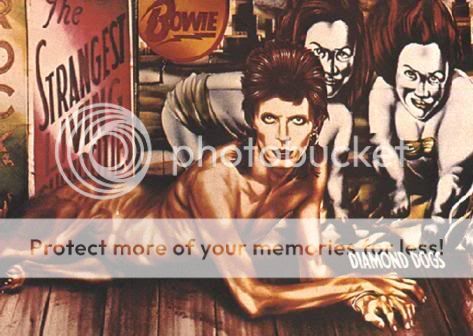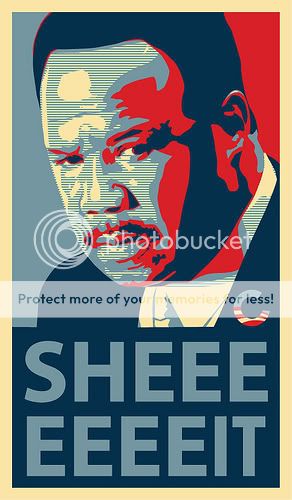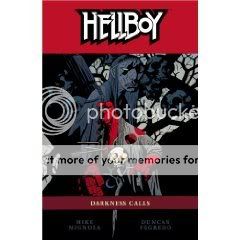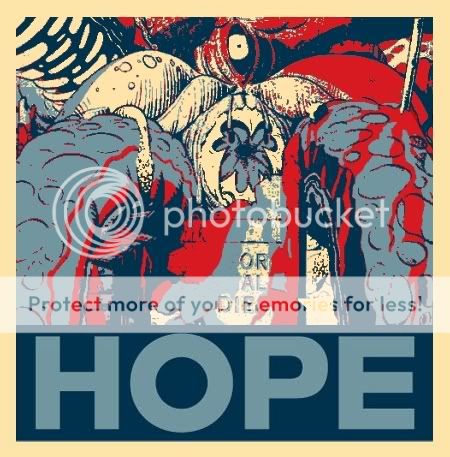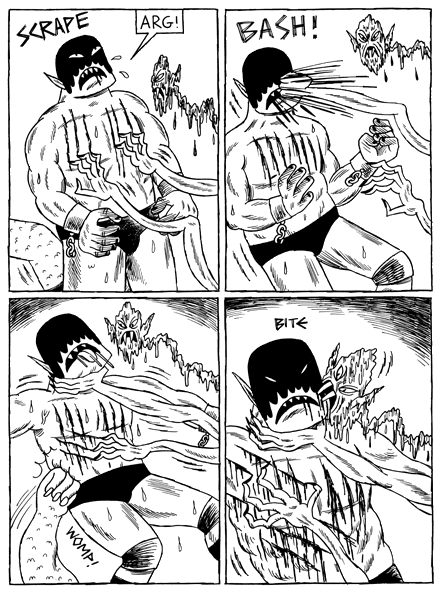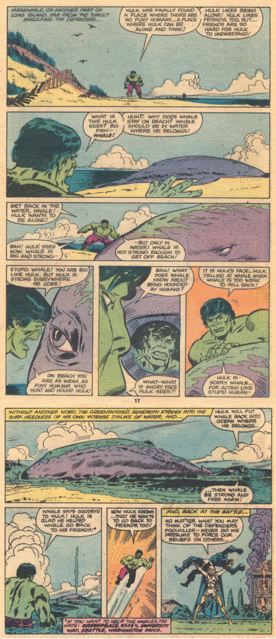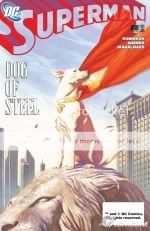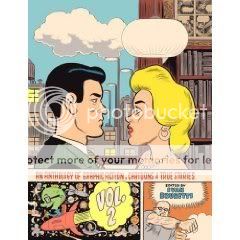
An Anthology of Graphic Fiction, Cartoons and True Stories Vol. 2
Ivan Brunetti, editor
Jessica Abel, Anonymous, Lynda Barry, Mark Beyer, Ariel Bordeaux, Chester Brown, Jeffrey Brown, Charles Burns, Martin Cendreda, C.F., Brian Chippendale, Daniel Clowes, David Collier, Robert Crumb, Vanessa Davis, Kim Deitch, Debbie Dreschler, Charles Forbell, Renée French, Drew Friedman, Phoebe Gloeckner, Leif Goldberg, Carrie Golus, Adam Gopnik, Bill Griffith, Milt Gross, John Hankiewicz, Fletcher Hanks, Sammy Harkham, David Heatley, Tim Hensley, Gilbert Hernandez, Jaime Hernandez, Bill Holman, Kevin Huizenga, Jess, Cole Johnson, J. Bradley Johnson, Ben Katchor, Kaz, Megan Kelso, Dave Kiersh, Aline Kominsky-Crumb, Michael Kupperman, Harvey Kurtzman, Joe Matt, David Mazzuchelli, Winsor McKay, Richard McGuire, James McShane, Jerry Moriarty, Anders Nilsen, Diane Noomin, Elinore Norflus, Onsmith, Gary Panter, Paper Rad, Laura Park, Harvey Pekar, John Porcellino, Jayr Pulga, Archer Prewitt, Ron Regé Jr., Joe Sacco, Richard Sala, Souther Salazar, Frank Santoro, Kevin Scalzo, Seth, R. Sikoryak, Art Spiegfelman, William Steig, Saul Steinberg, Eugene Teal, Matthew Thurber, Adrian Tomine, H.J. Tuthill, Carol Tyler, Maurice Vellekoop, Chris Ware, Patrick W. Welch, Mack White, Karl Wirsum, Basil Wolverton, Jim Woodring, Dan Zettwoch, writers/artists
Yale University Press, November 2008
400 pages
$28
Buy it from Yale University Press
Buy it from Amazon.com
While not quite the world-beating effort that was its predecessor, this second Ivan Brunetti-edited anthology from Yale University Press still makes it difficult to imagine a more welcome addition to the bookshelf of a comics fan looking to expand her repertoire, or a non-comics fan looking to dive in head-first. If anything this installment casts an even wider net for contributions, roping in a greater number of cartoonists and even including such one-off, quasi- or literally anonymous outsiders as Elinore Norflus, Eugene Teal, and the author of Utility Sketchbook–the former pair being just two of a solid number of artists this particular comics buff had never even heard of. (At one point, after reading a sample strip from Charles Forbell’s old-time comic Naughty Pete for the first time ever, the obvious inspiration it afforded Chris Ware made me laugh out loud when I saw it was from Ware’s own collection.) In a way that offsets at least one complaint I’ve heard about the first volume, that its contents were too easy to duplicate in your own collection. But I think it also say something about the book’s mission–despite its impeccable “starter kit” credentials, it’s not necessarily intended to serve as a linear roadmap for your further comics purchasing and reading, because in comics there are plenty of dead ends worth exploring regardless.
If there’s a major problem with this volume, it’s not so much with the selections as with their arrangement. Volume 1 was ordered mostly by length, which led to an engrossing sense of flow yet also allowed Brunetti some leeway in terms of which strips he placed with which. Here, Brunetti reveals in his introduction, he’s just freestyling, which paradoxically gives a more rigid feel to some of the sections. My beef is primarily with the “slice of life” section, which begins on page 154 with James McShane’s “draw what you’re doing every ten minutes throughout the day” strip from Kramers Ergot 6 and continues for almost 100 pages before ending with Phoebe Gloeckner’s stone-classic “Minnie’s 3rd Love.” Those two strips alone indicate the range of artistic and narrative ambition and interest in this autobio-anthology-within-an-anthology, and much of the time the juxtaposition is not flattering to the navel-gazers. Perhaps it’s trite, but I can’t help but feel that the true-storytellers dealing with genuine trauma and tragedy here–Gloeckner, Anders Nilsen, Debbie Dreschler, Joe Sacco–have a major leg up on the “here’s how my day went one day” folks, a passion that somehow gets reflected in superior visuals, be they the impeccable draftsmanship of Gloeckner and Sacco, the four-color expressionism of Dreschler, or the things-fall-apart experiments of Nilsen. (Not all the people dealing with really rough stuff come out winners, however: Maybe I’m just fed up with anti-science from Left, Right, and Unclassifiable, but Chester Brown’s anti-psychiatry tract “My Mother Was a Schizophrenic” always strikes me as a sad indulgence along the lines of Neal Adams’s hollow-earth theory, Dave Sim’s Marxist/Feminist/Homosexualist axis, and Steve Ditko’s A=A screeds.) This is not to say that all of the more quotidian strips in this section fail. I think Dave Kiersh’s paean to suburban Long Island, Jeffrey Brown’s account of losing his virginity, and John Porcellino’s tribute to his late dog are all sweet, memorably drawn, and actually moving, for example, while the vicious lampooning of her own mother in Aline Kominsky-Crumb’s strip almost must be seen to be believed. It’s just that…well, the Joe Matt material sucked the life out of me, I suppose, and a lot of the stuff that surrounded it didn’t help.
But most of the sections are quite strong. A series of newspaper strips into Harvey Kurtzman strips into Art Spiegelman’s tribute to Kurtzman into Spiegelman’s pastiches of old newspaper strips into Jess’s example of same two decades earlier ends up being fairly revelatory for each of its constituent parts. There’s a beautiful, art-driven sequence of blocky, washy markmakers including David Mazzuchelli, Jerry Moriarty, Ben Katchor, and Frank Santoro’s Storeyville. A sequence of R. Crumb/Harvey Pekar strips about blues and jazz records and record collecting ends up feeling like a complex and at times uncomfortable suite about race, sex, class, art, and modernity. And the sequence of strips that ends the book–Seth, Adrian Tomine, Jaime Hernandez, Daniel Clowes, Chris Ware, David Heatley–ends the book on a high note. And a funny one. I wonder if the recent kerfuffle over Heatley’s comics too completely overlooked the fact that his neurotic cataloguing of awkward events is almost always geared toward very funny punchlines? And I suppose it had been a while since I read Ice Haven, but man, that is some hot shit. In just the “Mr. & Mrs. Ames: Detectives for Hire” strip alone, the savage misanthropy (“It’s just another shithole, filled with worthless pigs”) had me losing my balance on my chair from laughing so hard, only to be completely and devastatingly upended by the desperate and true expression of love (“I said, ‘This world would be absolutely unbearable without you.'”) I closed the book feeling thrilled to have read it. Somebody told me that Brunetti doesn’t plan on doing any more volumes in this series. I’ll confess to being pretty upset about that. I almost want to break into his house and hang out in front of his bookshelves until he walks me through a third.

